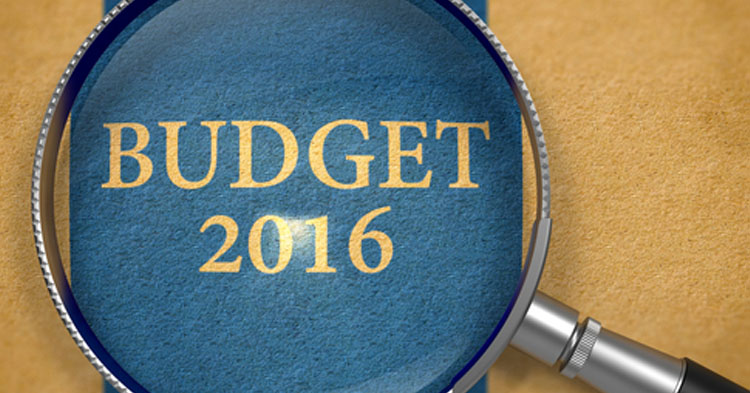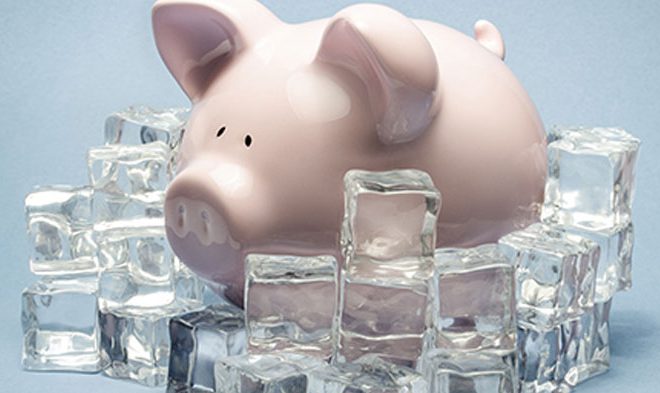Understanding what the 2016 budget means for you
Trying to figure out what everything in this year’s Budget speech means? The team at MoneyShop have taken the liberty to break it down for you – highlighting the elements of the 2016/2017 Budget that will likely have the biggest impact on your pocket.
Ever wonder what the worst job is in SA? A taxi driver? Nah! Prison-warden perhaps? Nope! The Springboks coach after their dismal performance against Japan? Not even that comes close to the sheer gravity and pressure that recently re-appointed Minister of Finance must have experienced during the delivery of the 2016/2017 budget speech.
While it might not be rocket science, understanding the implications of what Minister Pravin Gordhan said in his budget speech can be tricky. That’s why the team at MoneyShop have taken the liberty to break it down for you – highlighting the elements of the 2016/2017 Budget that will likely have the biggest impact on you.
First things first
Perhaps the most important thing to keep in mind is that 2016 is no year for spending frivolously – even the Minister himself called the 2016 to 2017 financial year “the year of tightening the belt”… Less spending, however, does not have to be a bad thing, especially if you consider that South Africa and its people are renowned for spending more than we should (which is why we have such high levels of debt that is catching up with us).
“Our plan,” explained Pravin, “is to build on our strengths, address our weaknesses and be bold where we need new interventions.” If we are indeed able to accomplish this, South Africa will be well on its way to igniting the “inclusive growth” that was mentioned so many times during the budget speech as well.
Understanding the basics
The country’s budget is no small document and deciphering and explaining every element involved will take yonks (and probably bore you half to death).
So here’s a snapshot of some of the changes that will impact you:
General Tax
They say that money makes the world go round, but by the amount of times the Minister of Finance mentioned “taxes” in his speech, it’s clear that tax makes the local economy “go round”.
While, surprisingly, the Minister did not hike personal income tax (as most economists predicted), he did announce an increase in the following taxes:
- Fuel Levy – expect the general fuel levy to increase by 30c per litre from 6 April 2016.
- Tyre Tax – a new introduction to the list of taxes South Africans pay, a tyre tax of R2.30 per kilogram of tyre will come into effect on 1 October 2016.
- Green Levy – implemented in 2009, this is a levy on incandescent light bulbs in order to promote the use of fluorescent lightbulbs and decrease energy demands. As of 1 April 2016, this tax will be increased from R4 per bulb (currently) to R6 per bulb.
- Motor Vehicle Emissions Tax – aimed at encouraging consumers to buy vehicles that emit less greenhouse gasses, expect this tax to increase from R90 to R100 for every gram of emissions per kilometre above 120 gCO2/km
- Capital Gains Tax – referring to the profit that you make when selling a property, capital gains is taxable in South Africa and it was announced during the budget speech that capital gains tax will be increasing from 13.7% to 16.4% for individuals and from 18.6% to 22.4% for companies.
- Sugar Tax – as of 1 April 2017 your sugary fizzy drink is bound to taste a little less sweet, as you’ll be paying sugar tax on it. While details are still slim about how much tax will be levied, the aim of this is to boost country revenue and reduce our sugar intake at the same time.
Sin tax
With so many increases in this department, we figured sin tax warrants its own section in our budget analysis.
- Cigarettes – duties on a 20 pack of smokes are raising by 6.7% to R13.24
- Malt beers – expect duties on every 340ml can to be hiked by 8.5% to R1,35
- Wine – you’ll be paying between 6.7% and 8% more per litre of wine
- Ciders and alcoholic fruit beverages – an increase of 8.5% per 340ml can is on the cards
The good news
If this long list of increases and additional taxes makes your wallet worry, we’ve got some good news about the 2016/2017 budget as well, like:
- Despite predictions by some top notch economists, VAT was not increased
- Luckily, neither was personal income tax
- The government will be spending R707.4 billion on advancing basic education (which, theoretically, either means we’ll be paying less for education or, at the very least, that the quality will improve)
- A great emphasis is being placed on encouraging the supply of renewable energy within the country
- R30.3 billion will be spent on improving the national road infrastructure (that means less potholes, peeps)
- Disability, old age, child support and foster care grants all go up (with between R20 and R80 per month)
The 2016/2017 budget speech has been hailed as the “most significant speech Pravin Gordhan has given in his entire career”, particularly since the country’s economy has been down in the dumps lately. Now that you’re in the loop with what to expect for the financial year ahead, we hope you’ll be more prepared to weather the storm and, of course, we’ll be there with you every step of the way.
MoneyShop





